Between juice cleanses, diet culture, and celebrity endorsements on Instagram, it seems like there’s a new health fad everywhere you look. With that comes a lot of misinformation around proper nutrition and what’s actually good for us.
Here’s what we do know — you’re searching, which means you’re trying! And that’s great! About 25 percent of the U.S. is eating a diet that has a healthy mix of vegetables, fruits, dairy, and oils. Unfortunately, (and especially for those who are trying) there are many unhealthy snacks disguised as healthier options that people tend to fill up on.
That’s why on today’s blog, we’re listing out our top seven repeat offenders of healthy (but not really) snacks.
1. Pretzels
Pretzels are carbohydrate-dense and don’t really contribute any meaningful nutrients. They’re viewed as a healthy snack since they are usually low-calorie, but since they have negligible protein and fat, they won’t keep you full or provide you any vital nutrients.
2. Veggie chips
Most veggie chips are not really rich in veggies like they claim, and instead are mostly potatoes. While they might taste delicious, they aren’t the healthiest option. Most use processed vegetable oils like sunflower oil, along with a bunch of sodium. While sodium from unprocessed sea salt can be a great addition to a meal, the sodium found in packaged, processed products will add up quickly. Instead of veggie chips, snack on raw veggies or dehydrated veggie snacks. Pair your veggies with fat (for example, nuts, an olive oil-based hummus, or guacamole) to ensure you stay full for longer!
3. Store-bought smoothies & juices
While you may find some options that are low sugar, most of the pre-made juices and smoothies you find in the store are packed with sugar. That sugar, especially in drink form, will digest quickly and lead to a blood sugar spike, a recipe for an energy crash later. When you’re buying juice, look for one without added fruit to keep the sugar low. The same is true for a smoothie! Look for fruit to be one of the last ingredients, meaning they’ve used less of it.
4. Protein bars
Most protein bars contain more than one form of sugar and other additives, plus sometimes even vegetable oils and artificial flavors and colors. While there are healthier bars on the market, they’re definitely no substitute for real food. Most of them won’t keep you satiated the way a piece of chicken will! If you do want a protein bar to keep on hand as a non-perishable option, some brands we love include Rx bar, Thunderbird bars, and Rise bars!
5. Granola
Depending on the brand and on how much you’re eating, you might be getting more calories than a meal would offer with your snack. Granola can be both calorie and carbohydrate-dense. There are better options out there, made from nuts instead of oats for healthy fats and more satiety, but make sure you’re measuring your portion to avoid going overboard. Some of our favorite brands include Purely Elizabeth and Bubba’s!
6. Flavored yogurt
Most flavored yogurts that you’ll find in the store are packed with sugar, and it’s not from naturally occurring sources (like fruit). Many brands use cane sugar to help flavor the yogurt, meaning you get a hit of refined sugar under the guise of a healthy snack. Since many yogurts these days are also low-fat, you end up with a high sugar, low-fat snack that doesn’t satisfy those cravings. Instead, choose full-fat yogurt, preferably from grass-fed cows, and top with your own fruit. This way, you control the sugar content and the flavor.
7. Whole wheat crackers
In general, whole wheat crackers are a low fat, low protein, high carbohydrate choice that simply won’t keep you full. Additionally, they’re often fortified with synthetic vitamins that aren’t easily absorbed or utilized by the body. Many contain gluten, which is a food that many people are sensitive to. Gluten can lead to digestive issues like intestinal permeability, which has been linked to autoimmune disorders and other chronic health issues. Instead, choose a seed or nut-based cracker and pair it with full-fat cheese, hummus, or guacamole. We love options like Jilz or Simple Mills.
—
Balancing your plate and getting the right nutrients your body needs shouldn’t be rocket science. Looking for a meal plan to help put your nutrition on auto? We’ve got you covered. Sign up for a meal plan today!
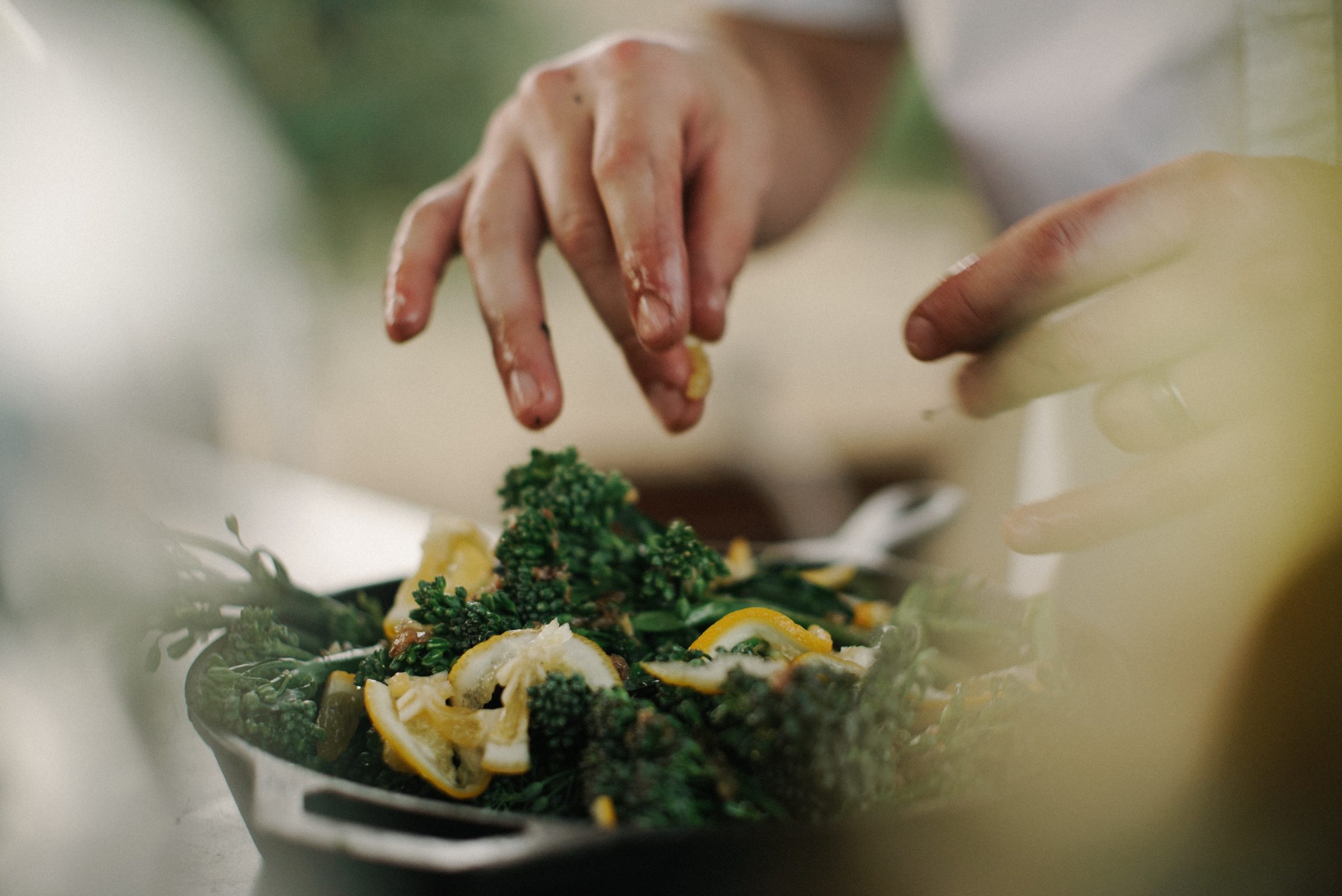
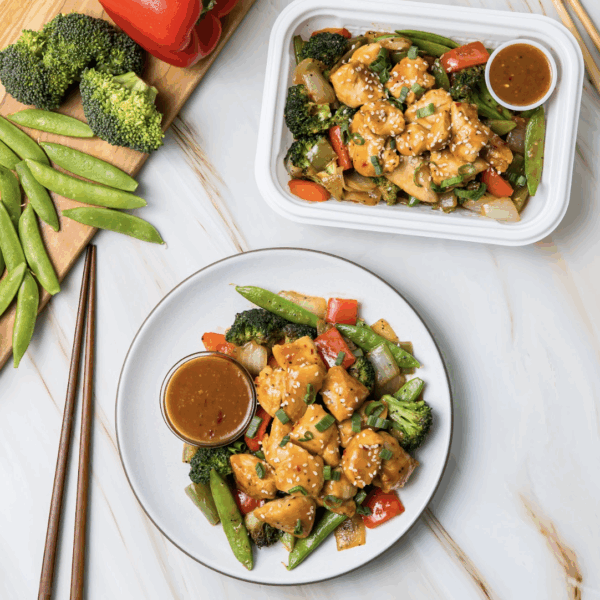
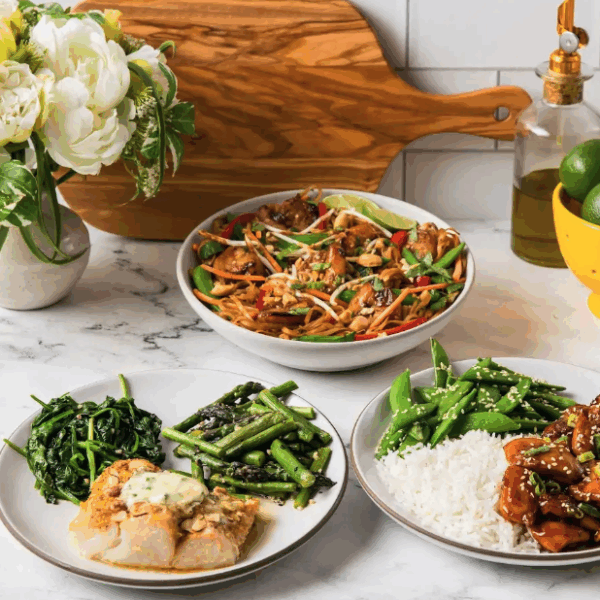
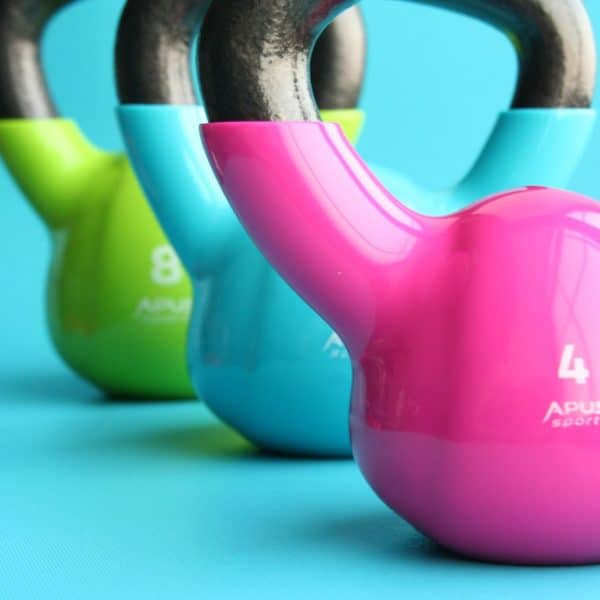
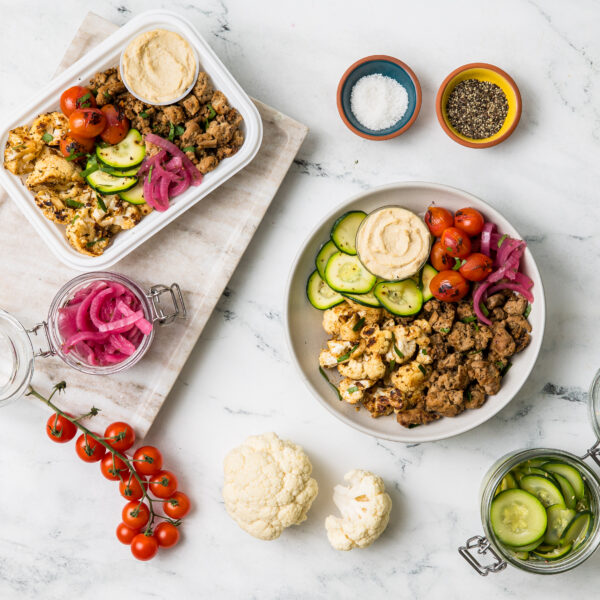
Leave a Reply
No Comments